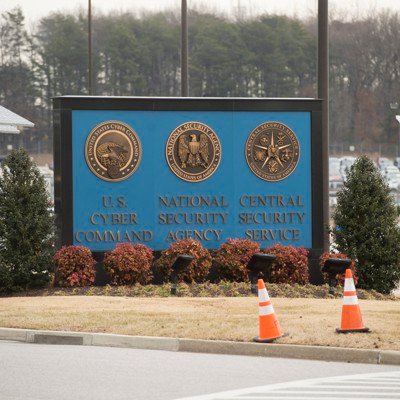The head of the National Security Agency’s cybersecurity directorate will retire at the end of May, according to two people familiar with the matter.
Dave Luber, who has served in NSA for nearly 40 years, took the role leading the intelligence agency’s cybersecurity division last year after his predecessor Rob Joyce retired that February. There were rumblings for some time that Luber was considering retirement, one of the people said.
The retirement plans come amid fundamental changes occurring within NSA, including the recent firing of its director, Gen. Timothy Haugh and his deputy Wendy Noble. Soon after, Luber and Cyber Command Executive Director Morgan Adamski were pulled from participating in the RSAC Conference in San Francisco that was held in late April.
The Trump administration has also targeted the signals intelligence collection titan and a slew of other spy agencies for workforce reductions, in an effort to slash bloat and wasteful spending in the government. The moves have been widely condemned by former officials.
The Record, the news service of threat intelligence company Recorded Future, first reported Luber’s plan to retire, and said that Luber’s deputy and the directorate’s chief operating officer are also departing.
It’s not immediately clear who would take Luber’s place. The NSA did not immediately return a request for comment.
Luber’s previous leadership posts include deputy director of cybersecurity at NSA and executive director of U.S. Cyber Command, as well as director of NSA’s Colorado unit and other key assignments in cyber operations.
Luber has voiced strong support for the agency’s cybersecurity work, as well as early career development opportunities for agency analysts.
“Throughout a person’s career cycle at the NSA, we look at all the different opportunities available to help them continue developing their skills, leadership and talent,” he said earlier this year at the Billington State and Local Cybersecurity Summit.
Luber has also been a strong voice on Chinese hacking events, which have surfaced as a paramount U.S. threat in cyberspace.
“They are there to gain and maintain access, should they need it in the future solely for disruption or destruction. That’s a massive shift,” he said at a separate Billington event last year in a discussion on how Chinese hacking activity has evolved.



